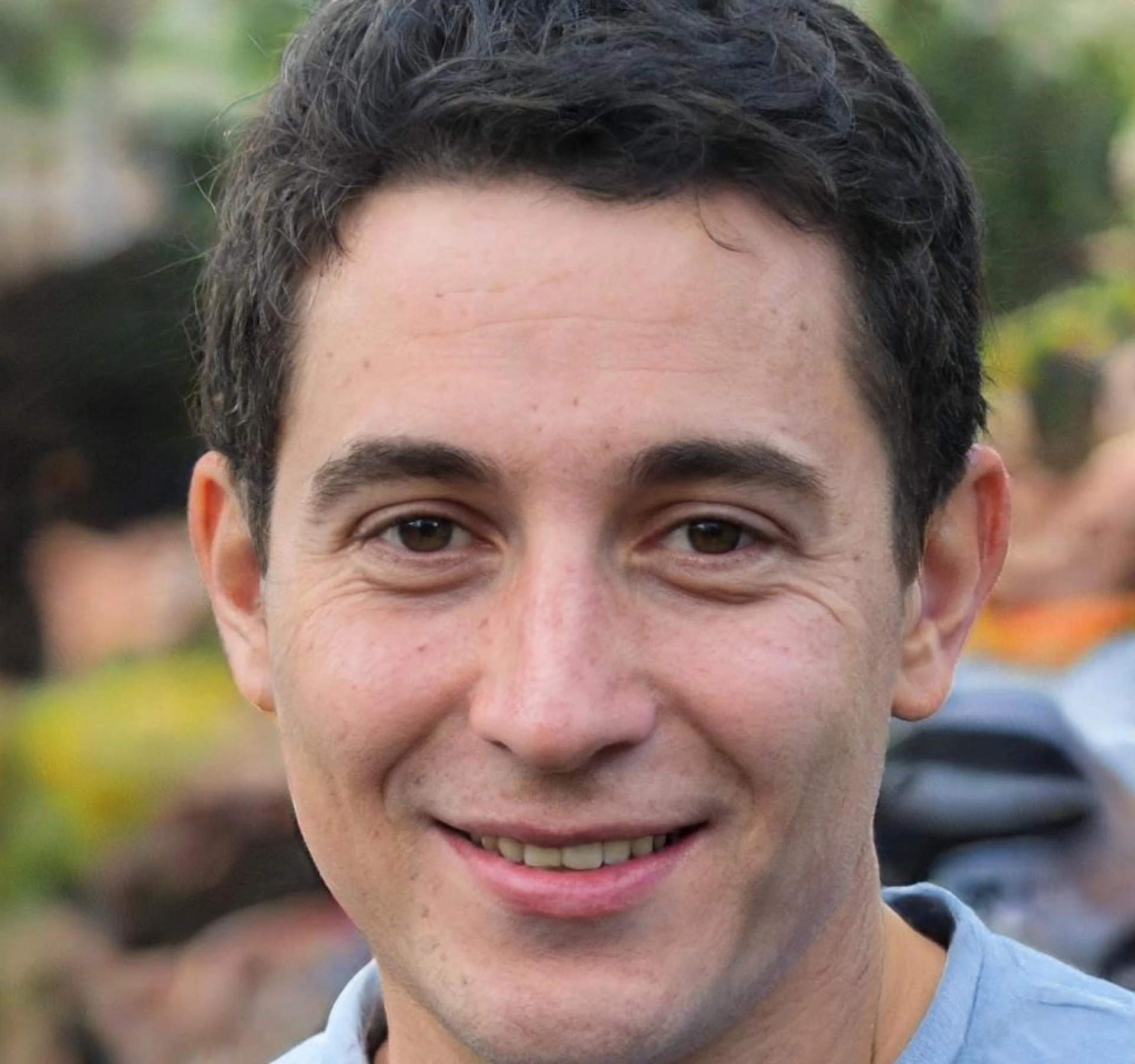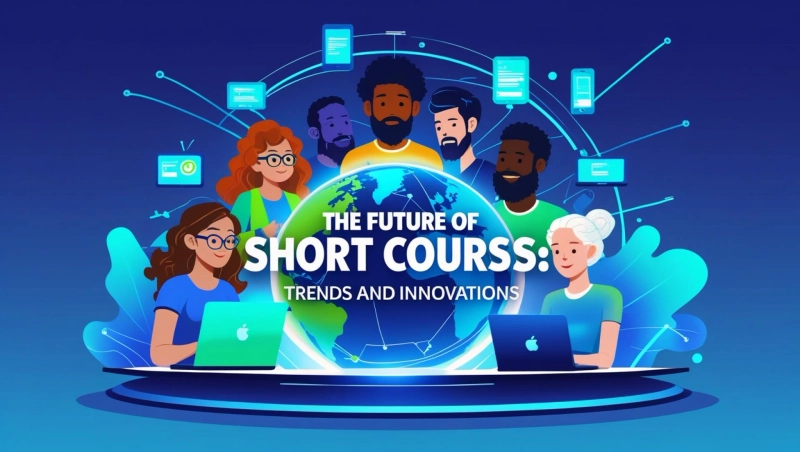In recent years, short courses in Lahore after intermediate have gained immense popularity among students and professionals alike. As education continues to evolve, short courses offer a practical and flexible way to acquire new skills and enhance career prospects. With technology advancing rapidly and the job market becoming more competitive, the future of short courses looks promising. In this article, we’ll explore the trends and innovations shaping the future of short courses.
1. Rise of Online and Hybrid Learning
One of the most significant changes in education over the past decade is the rise of online learning. Short courses, once primarily held in physical classrooms, are increasingly being offered online. This trend is expected to continue, with many students preferring the flexibility of online learning. Hybrid courses, which combine both in-person and online elements, are also gaining popularity as they allow students to learn at their own pace while still having access to instructors and practical experiences.
With platforms like Coursera, Udemy, and LinkedIn Learning offering a vast range of courses, students now have the freedom to choose from a global pool of educational opportunities. In Lahore, many institutions are also embracing this trend, providing both in-person and online options to cater to the diverse needs of students after completing their intermediate education.
2. Micro-Credentials and Certifications
As the demand for specialized skills grows, micro-credentials and certifications are becoming a significant part of short courses. Rather than completing lengthy degree programs, students can gain specific, industry-recognized certifications that directly enhance their employability. Fields such as digital marketing, data science, graphic design, and project management now offer targeted certifications that can be obtained in just a few weeks or months.
This trend benefits both students and employers. Students gain the skills they need quickly, while employers can hire workers with up-to-date, relevant expertise. These short courses, especially those offered in Lahore, allow students to take the first step toward a successful career without committing to years of study.
3. Focus on Practical and Hands-On Learning
As the job market becomes more skill-oriented, short courses are increasingly focusing on practical, hands-on learning. Whether it’s coding, photography, or entrepreneurship, students are looking for courses that offer real-world experience. Many short courses now incorporate live projects, internships, and industry collaboration to ensure that students are not only learning theory but also applying their knowledge in practical settings.
In Lahore, institutions offering short courses in fields like IT, business, and design emphasize practical training, providing students with the tools they need to enter the workforce immediately after completing the course.
4. Artificial Intelligence and Automation Integration
The integration of artificial intelligence (AI) and automation into education is another trend that is likely to shape the future of short courses. AI-powered platforms can offer personalized learning experiences, helping students to learn at their own pace and based on their unique learning styles. Furthermore, AI tools can assess a student’s progress and suggest areas for improvement, making the learning process more efficient and tailored.
In the future, short courses may increasingly leverage AI to deliver more interactive and engaging learning experiences. For example, virtual assistants could provide real-time feedback, and machine learning algorithms could analyze student performance to suggest customized learning paths. This technological shift will transform how short courses are delivered and make them more accessible and effective.
5. Collaboration Between Industry and Educational Institutions
The future of short courses will likely see even more collaboration between industry leaders and educational institutions. Companies are constantly evolving, and they require a workforce with up-to-date skills. Educational institutions are responding by offering short courses designed in collaboration with companies, ensuring that students are learning the exact skills needed in the job market.
In Lahore, such collaborations can help students bridge the gap between education and employment, offering industry-specific training that aligns with current job demands. This trend ensures that students are job-ready as soon as they complete their courses.
6. Personalized Learning Paths
As more students pursue short courses to enhance their careers, personalized learning is becoming a significant focus. Rather than offering one-size-fits-all programs, educational providers are increasingly offering customizable learning paths. Students can choose the specific skills they want to acquire and the pace at which they want to learn, ensuring a more tailored and effective learning experience.
In Lahore, short course providers are likely to continue embracing this trend, allowing students to select from a range of modules to suit their career goals. Personalized learning ensures that students are learning what is most relevant to their needs, increasing their chances of success in their chosen fields.
7. Sustainability and Green Skills
Another emerging trend is the increasing emphasis on sustainability and green skills in short courses. As the world shifts toward more sustainable practices, there is a growing demand for professionals with expertise in areas such as renewable energy, sustainable business practices, and environmental management.
Short courses in Lahore and globally are starting to reflect this shift, offering programs that focus on sustainability. Students are being trained to meet the challenges posed by climate change and the transition to a greener economy, ensuring they are equipped for the jobs of tomorrow.
Conclusion
The future of short courses is bright, with innovations in technology, personalized learning, and industry collaboration shaping their development. Whether through online platforms, industry-recognized certifications, or hands-on experiences, short courses will continue to offer valuable opportunities for students to enhance their skills and improve their career prospects. In Lahore, as well as globally, the demand for practical, flexible learning options is only expected to grow, making short courses an essential part of modern education and professional growth.


